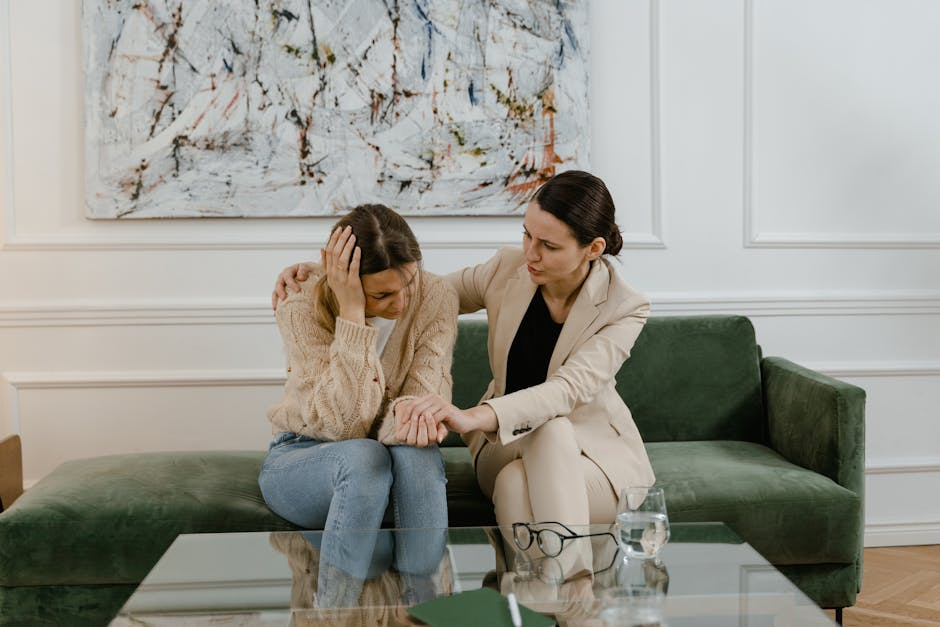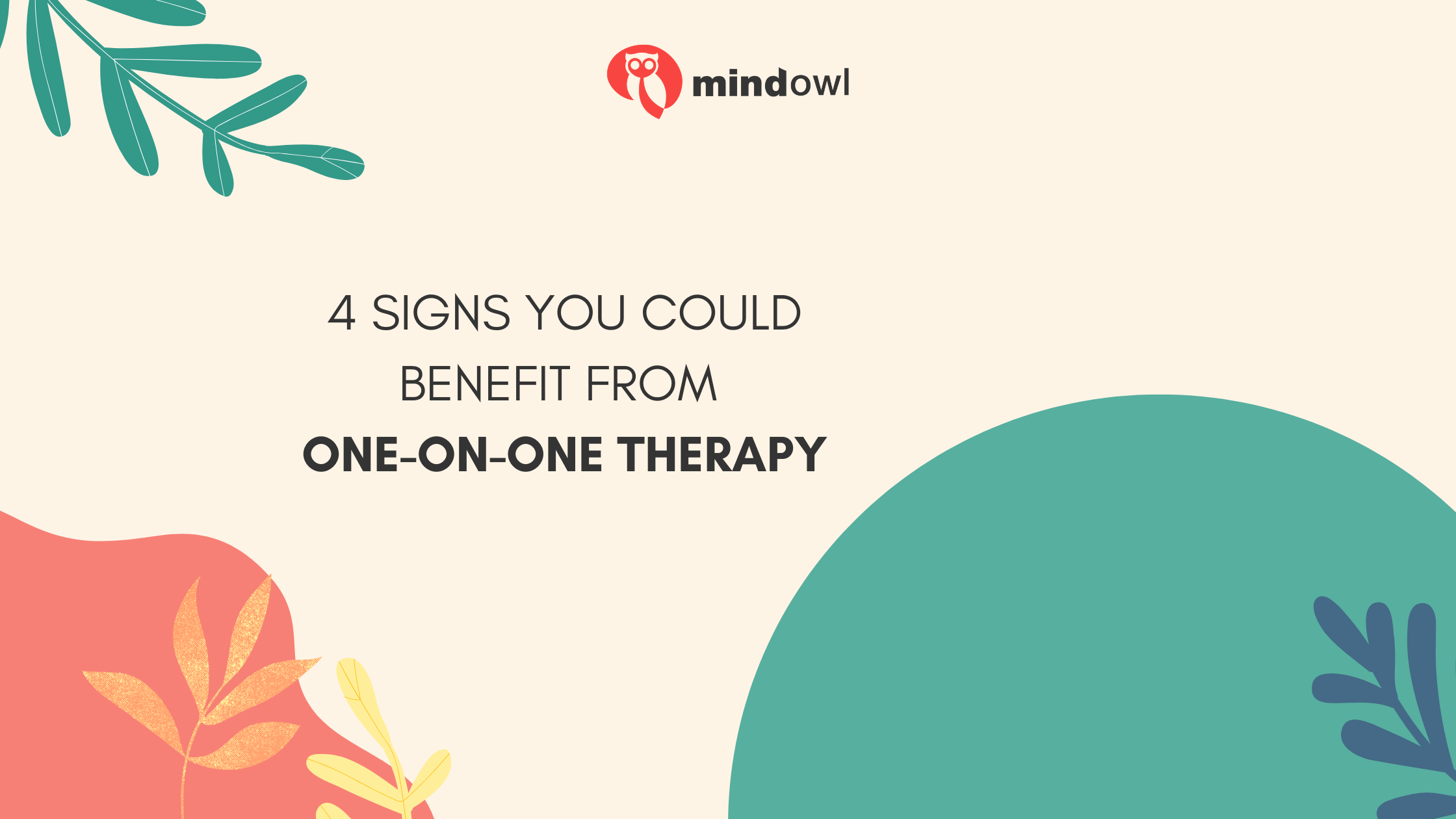Therapy can sometimes feel like a daunting prospect, shrouded in misconceptions and stigma. Yet, seeking help can be one of the most empowering decisions. Whether addressing deep-seated trauma or navigating everyday stresses, one-on-one therapy offers a unique space for personal growth and exploration. Still, how do you know when it’s the right time to take that step? Here are four signs that you might benefit from engaging in individual counseling.

1. Persistent Feelings of Sadness
If your mood swings are constantly present, it may be time to seek assistance. These emotions can manifest in various ways, including fatigue, irritability, and losing interest in activities you once enjoyed. Accept these feelings, recognizing that they do not define you. It is crucial to accept that sadness can be a valid response to life’s challenges.
One-on-one therapy offers a safe space to explore your feelings and uncover the root causes of your sadness. The nonjudgmental environment helps you gain insights into your emotions. A professional can introduce effective tools and methods to guide you toward healing and emotional stability. For those in need, seeking Individual Counselling in Victoria, BC, can be a significant first step toward recovery. Working with a trained therapist also offers ongoing support, helping you navigate life’s challenges more effectively.
2. Difficulty Coping with Life Changes
Life transitions from new jobs and relationships to significant losses. Adjusting to these changes can be challenging and may leave you feeling overwhelmed or anxious. A common reaction is to cling to familiar routines, which can sometimes hinder personal growth.
If you are uncomfortable or confused, you are not alone in your struggles. Therapy can serve as a grounding force during tumultuous times. It allows you to unpack these feelings and develop healthy coping strategies. In sessions, you can learn valuable skills to embrace change and manage uncertainty, ultimately finding your footing amidst chaos.
3. Struggles with Relationships
Fulfilling relationships is essential for emotional support, yet many people find this area of life to be rife with conflict. If you notice recurring patterns of conflict with loved ones or difficulty connecting emotionally, it might indicate deeper issues that hamper healthy interactions. Lack of communication, unresolved resentments, and differing values can lead to frustration and loneliness.

Individual therapy can shed light on these relationship dynamics, helping you understand your triggers and those of others. Gaining insight into your behavioral patterns is critical to the healing process. With the guidance of a therapist, you can learn how to navigate relationships with greater empathy, paving the way for healthier connections in the future. If you’re ready to take the next step toward emotional well-being, visit West End Therapy for therapy in Winnipeg and start your journey toward healthier, more fulfilling relationships.
4. Experiencing Symptoms of Anxiety
Anxiety can be paralyzing, infiltrating various aspects of your daily life. Whether it’s a nagging worry about work performance or an overwhelming fear of social interactions, these feelings can impact your overall quality of life. Sometimes, you may even feel like you are constantly on edge, unable to settle your mind. Recognizing this anxiety is the first step toward addressing it effectively.
Through therapy, you can develop a better understanding of anxiety and its triggers. Therapists often employ techniques like cognitive-behavioral strategies to help clients manage their symptoms actively. Engaging in therapy offers a structured way to identify your stressors and create actionable plans for coping, leading to a more balanced and fulfilling life.
Seeking help from a professional can be transformative, enabling you to break patterns and foster a healthier approach to your emotions and relationships. Don’t underestimate the value of support; sometimes, the greatest strength is acknowledging when you need it. Remember that reaching out is a significant acronym for self-awareness and courage.
MindOwl Founder – My own struggles in life have led me to this path of understanding the human condition. I graduated with a bachelor’s degree in philosophy before completing a master’s degree in psychology at Regent’s University London. I then completed a postgraduate diploma in philosophical counselling before being trained in ACT (Acceptance and commitment therapy).
I’ve spent the last eight years studying the encounter of meditative practices with modern psychology.

